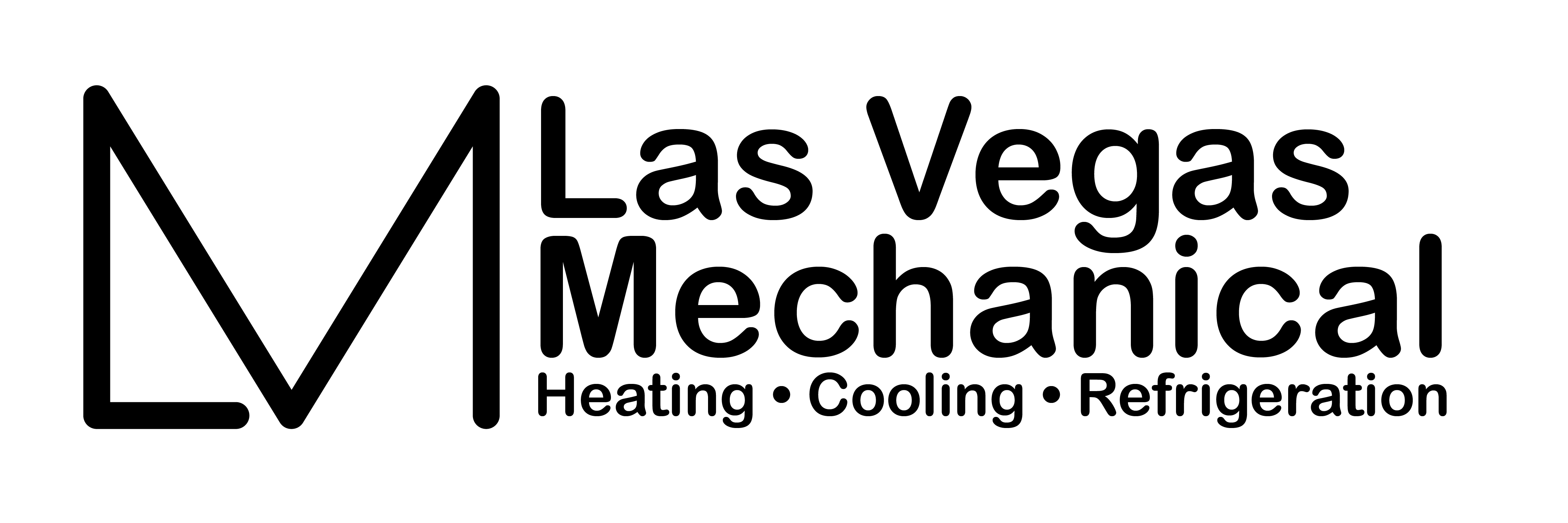Maintaining a comfortable and healthy indoor environment is crucial for every homeowner. The Heating, Ventilation, and Air Conditioning (HVAC) system plays a pivotal role in achieving this goal. Regular maintenance and timely repairs are necessary to ensure the system’s optimal performance and longevity. When scheduling an appointment with an HVAC technician, it is essential to be proactive and ask pertinent questions. This essay discusses the important questions to ask your HVAC tech to ensure you receive the best service and make informed decisions regarding your HVAC system.
Are You Licensed and Insured?
The first and most crucial question to ask any HVAC technician is whether they are licensed and insured. A licensed professional ensures that they have the necessary expertise to work on your HVAC system, complying with industry standards and local regulations. Insurance coverage protects you and your property in case of any accidents or damages that may occur during the service.
What Are Your Credentials and Experience?
Inquire about the technician’s qualifications and experience in the HVAC industry. An experienced technician is more likely to diagnose problems accurately and provide efficient solutions. Look for technicians who have received certifications from reputable organizations, indicating their commitment to ongoing education and skills development.
Do You Specialize in My HVAC System Make and Model?
HVAC systems come in various makes and models, and each may have its unique features and requirements. It is essential to ask the technician if they specialize in working with your specific HVAC system. A technician familiar with your system will be better equipped to handle any issues efficiently and effectively.
What Services Do You Offer?
Before scheduling an appointment, clarify the specific services the HVAC technician provides. Common services include routine maintenance, repairs, system installation, and indoor air quality assessments. Knowing the extent of their expertise will help you determine if they can fulfill your HVAC needs.
Can You Provide References or Customer Testimonials?
A reputable HVAC technician should have no problem providing references or customer testimonials. Reach out to previous customers to gauge their satisfaction with the technician’s workmanship, professionalism, and customer service. Positive feedback from satisfied clients is a good indicator of a reliable HVAC technician.
Do You Offer Emergency Services?
HVAC issues can occur at any time, often when least expected. Inquire whether the technician offers emergency services and what their response time is for urgent situations. Having access to emergency services can prevent further damage to your HVAC system and ensure your comfort during critical times.
What Are the Pricing and Payment Options?
Before scheduling the appointment, discuss the pricing structure and payment options with the HVAC technician. Request a detailed breakdown of the costs involved, including labor, parts, and any additional charges. Additionally, inquire about payment methods accepted and whether financing options are available if needed.
Do You Provide Warranties for Your Services?
A reputable HVAC technician stands behind their work and may offer warranties for their services and the parts they install. Understanding the warranty terms and duration will give you peace of mind, knowing that you are covered in case any issues arise shortly after the service.
Scheduling an appointment with an HVAC technician is a proactive step towards maintaining the efficiency and longevity of your HVAC system. By asking the right questions, you can ensure that you hire a qualified and experienced professional who can address your specific needs. Confirming their credentials, experience, specialization, and service offerings will empower you to make informed decisions about your HVAC system’s care. Remember to also inquire about emergency services, pricing, payment options, and warranties to ensure a smooth and satisfactory experience. A well-maintained HVAC system not only provides comfort but also contributes to a healthier and more energy-efficient home.
